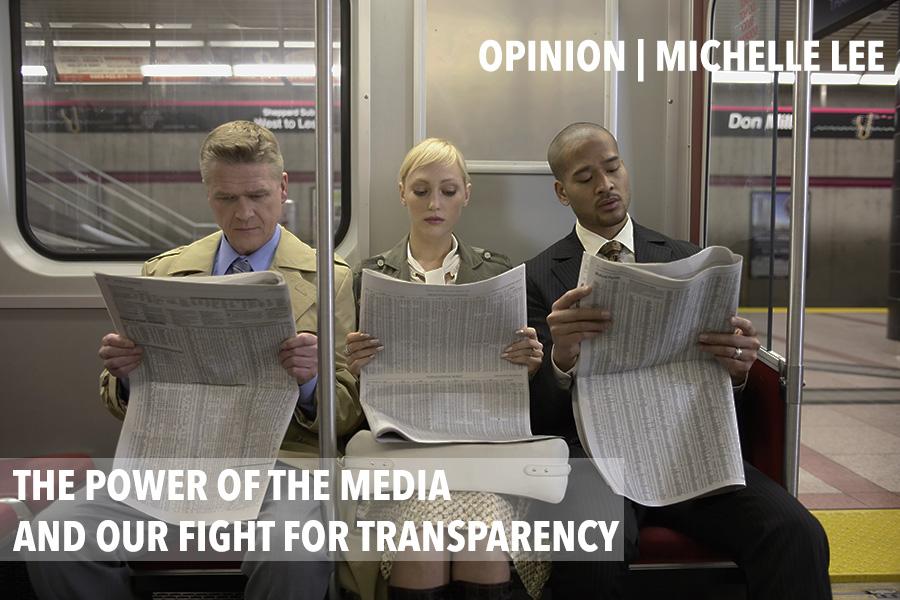Perhaps one of the most inspiring moments for a journalist or reporter is seeing their article promote some sort of change in society and move people’s minds. The very reason that journalists write for the press is to address information to the public that may otherwise be shadowed. One of the major benefits of living in a democracy is the right of free speech, even until the extent of criticizing the government or leader. When we look around in the world right now, journalists seem to be playing a critical role in society and a free press seems to be more important than ever. President Park Geun-Hye’s political scandal outraged civilians after revealing how much of President Park’s decisions were controlled by the wealthy Choi Sun-Shil, who often used off public money for personal gains, and the media has constantly reflected people’s fight for transparency.
Society is progressive, and much of that is thanks to the power that journalism holds in status quo. The many entities of media are not only a true representation of our society, but also provide the different opinions and perspectives, which constantly encourages people to think outside of their boundaries. Like millions of others, my knowledge on the government comes from the news that media sources provide, along with my opinions on political and social issues. Whether it is a subscribed newspaper delivered to my door or the news I read online, ultimately the information journalists feed me is how opinions are changed and the power of persuasion is met.
But a more significant aspect of the media is that it keeps in check with our government, essentially acting as an overseer to make sure our leaders are fulfilling their duties. Journalists, given their free speech and platform to diffuse the information, are quite frankly the only agents who are able to hold governments accountable. With the right audience and the right amount of power, it is their writing that society listens to, and their writing that pressures governments to do the right things.
One of the main goals of governments is to ensure transparency and openness, important because it limits the government from misusing their power. On Obama’s first day in office as president, he pledged a memorandum on government transparency, and Prime Minister Cameron similarly emphasized the necessity of governments opening up. The adoption of freedom of information laws are becoming more widespread around the world and in the minds of many, accountability highlights the main aspect of democracy. Indeed, it is clear that the journalistic watchdogs are the ones holding the bar for democracy high in society. These voices of action stretch all the way back to the 19th century in progressive America, where journalists sought to expose the corruption of strong business titans, such as Ida B. Tarbell’s commentary on the corruption of the Standard Oil Company. Even in today’s time, they seem to be playing a crucial but common role all around the world. It was a brave journalist that first published the questionable friendship between Choi Sun-Shil and President Park, which revealed the entire political scandal at hand. It was also the voices of many journalists who fought to defend a particular candidate in the most recent US election and is constantly updating the nation’s status at this point in time.
The media is what facilitates, drives, and stimulates social change and the only entity that has the real power in doing that. Journalists do not dictate what happen in society—but certainly, journalism is a tool and a weapon that only a democracy holds, and it is essential that we maximize the power of the free press to the fullest extent.

